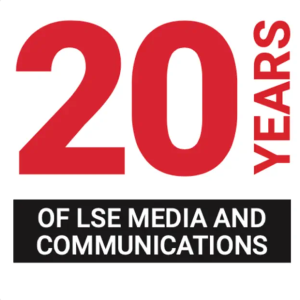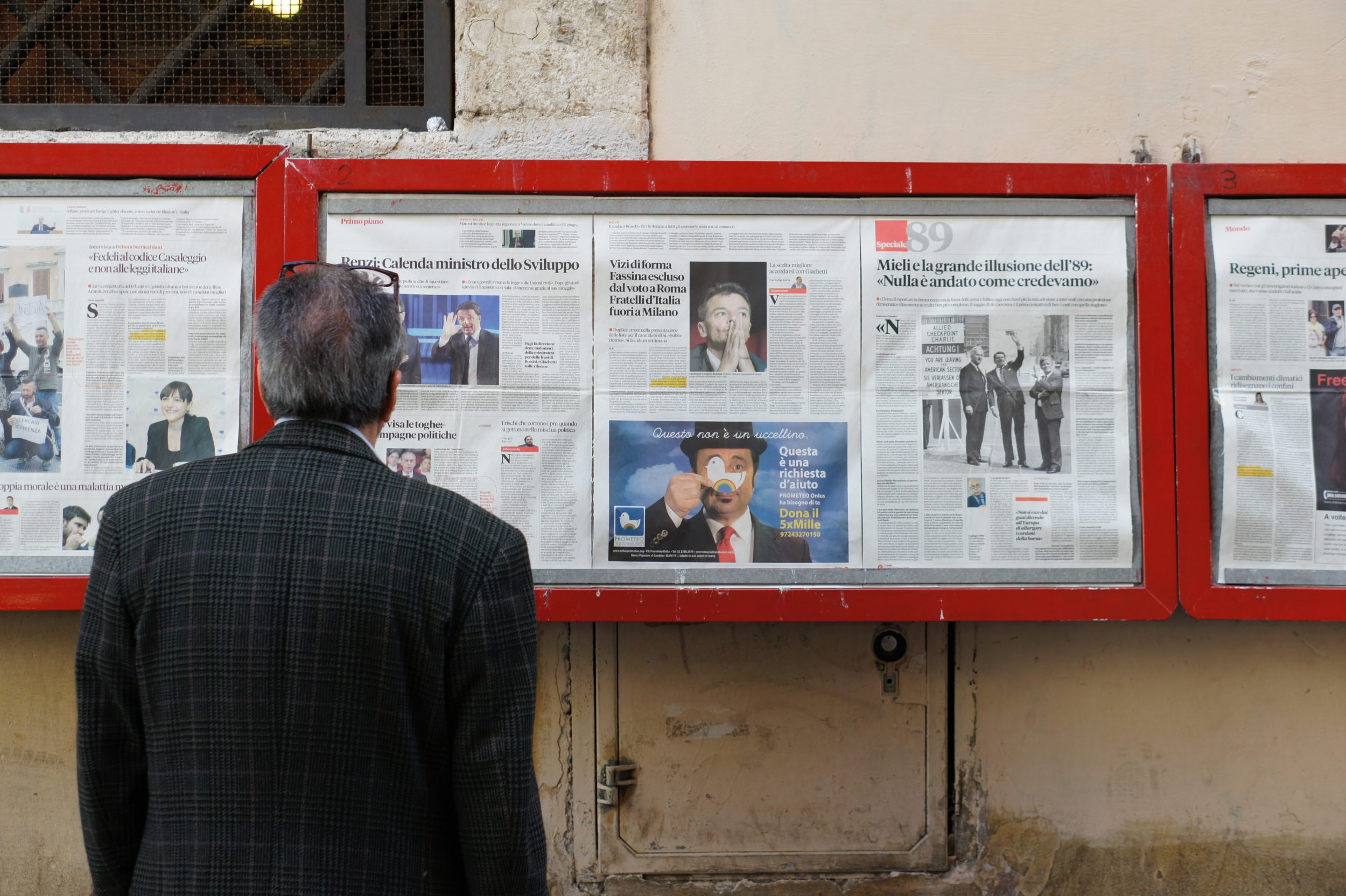
 In the first episode of the 20 years of LSE Media and Communications podcast curated by Nick Anstead, Professor Lee Edwards and Professor Lilie Chouliaraki discuss the rise of humanitarian communication and the rapid changes that the field has experienced over recent decades as it has grown into a massive global industry.
In the first episode of the 20 years of LSE Media and Communications podcast curated by Nick Anstead, Professor Lee Edwards and Professor Lilie Chouliaraki discuss the rise of humanitarian communication and the rapid changes that the field has experienced over recent decades as it has grown into a massive global industry.
Lilie has studied how NGOs use representations of human suffering to communicate the need for us to act on a cause in her work for more than 20 years, whereas Lee’s interest is more recent, and looks in particular at humanitarian communication as a form of strategic communication.
In this episode, they discuss how humanitarian communication has become both broader and more complex in terms of the actors, platforms, genres and stories involved, and the tensions that emerge. They identify and dive into some of the key challenges facing humanitarian communication today, including its complex historical legacy and entanglement with geopolitics and colonialism, the increasing professionalisation and commodification of the sector and the implications of this, and the sector’s increasing reliance on social media platforms, which allow messages to be spread far more widely and have the potential to forge deeper connections, but carry the risk of oversimplification of messages and too much focus on the brand of the communicator.
 Listen to the full episode by selecting your podcast provider of choice here. You can find out more about Lee’s work here, and her recent article on visibility in promotional context is available open access. You can find out more about Lilie’s work here; her publications include The Ironic Spectator: Solidarity in the Age of Post-Humanitarianism (Polity, 2013,) and the edited volume The Handbook of Humanitarian Communication (Routledge, 2021).
Listen to the full episode by selecting your podcast provider of choice here. You can find out more about Lee’s work here, and her recent article on visibility in promotional context is available open access. You can find out more about Lilie’s work here; her publications include The Ironic Spectator: Solidarity in the Age of Post-Humanitarianism (Polity, 2013,) and the edited volume The Handbook of Humanitarian Communication (Routledge, 2021).




